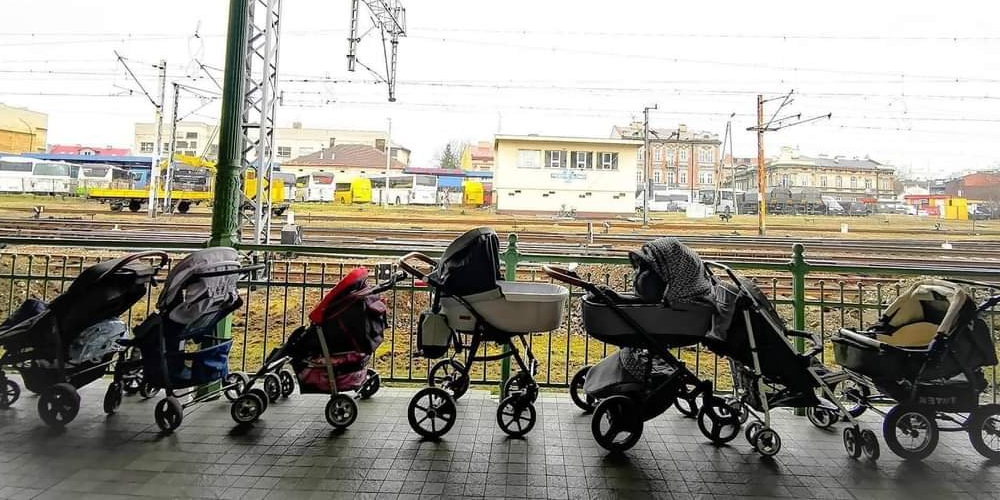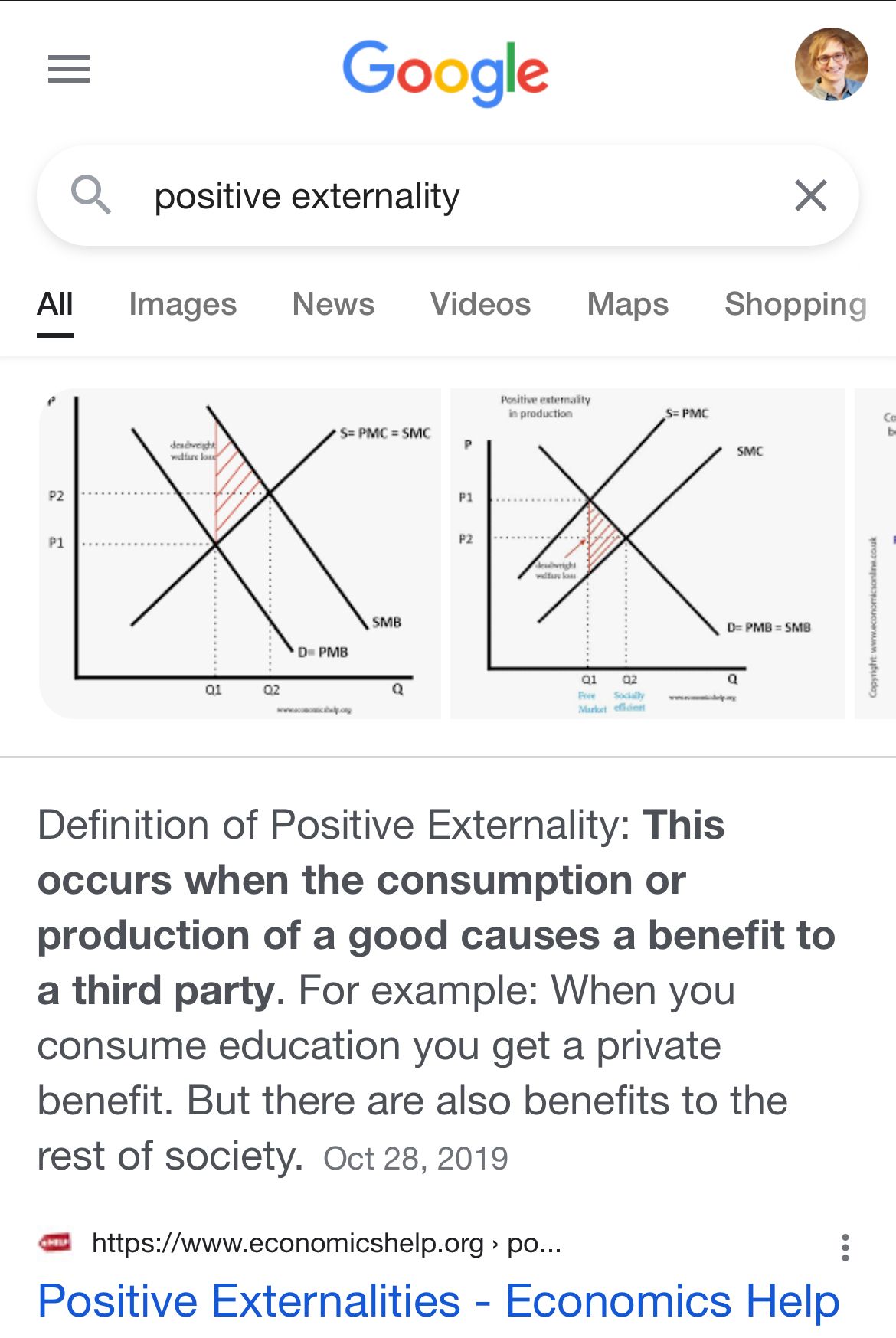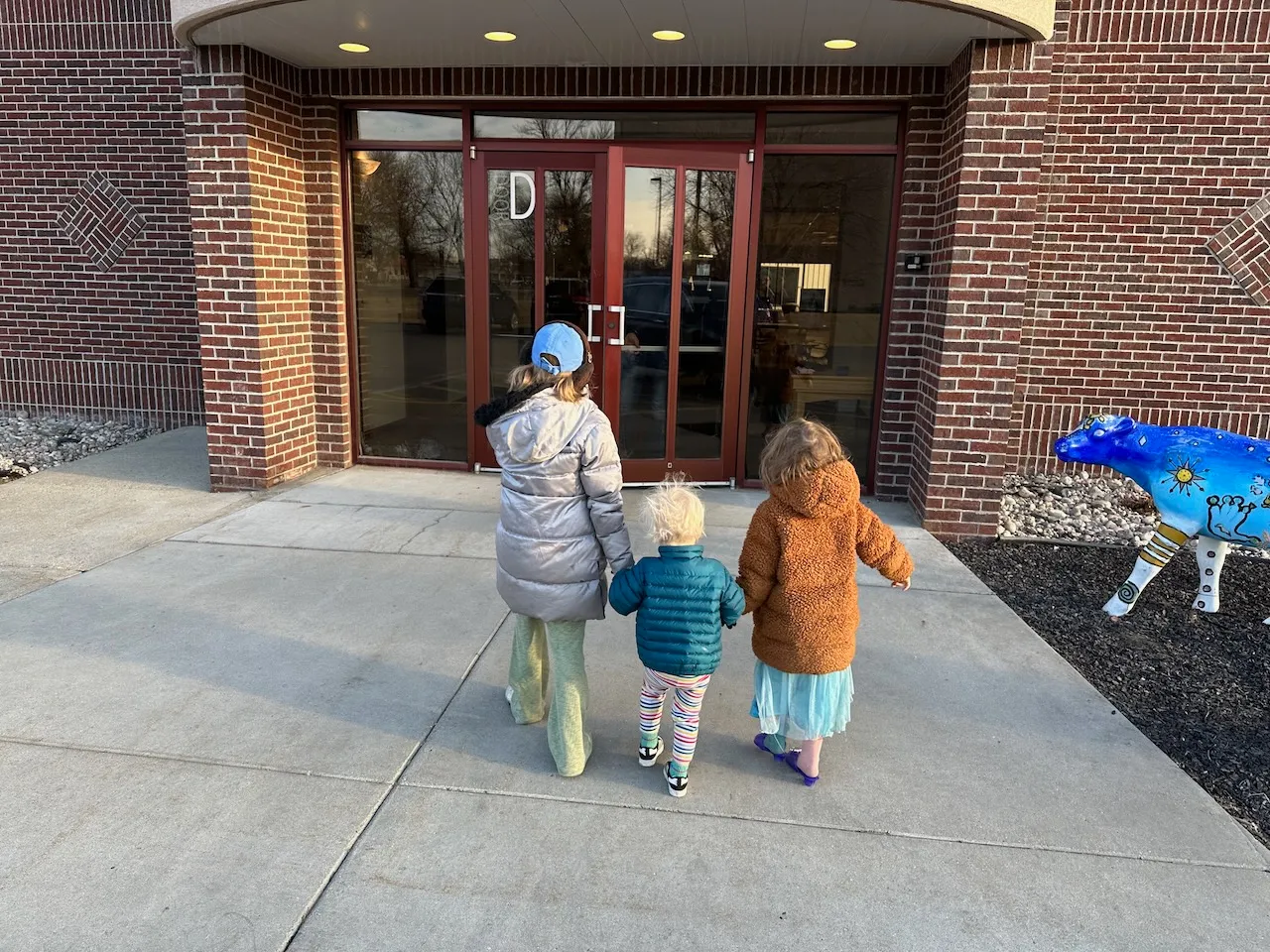Regenerative Education - Solving Global Challenges with Decentralized Coordination
Regenerative Education solves global challenges with decentralized coordination. Using The One Room Schoolhouse Model, communities see immediate benefit.

Table of Contents
Originally posted on Mirror.
Decentralized Power Comes in a Can
Never underestimate the power of pickled fruit. 🍅
Olena was sitting on her balcony in Ukraine when she saw a Russian drone buzzing nearby.
She reached down and grabbed a jar of her favorite homemade treat: pickled tomatoes with plums. She tossed the jar at the drone and knocked it out of the sky. 💥
https://t.co/yRM5P88bGr found the woman who knocked down a Russian drone with a jar of pickled tomatoes. She wants to set the record straight: those were NOT picked cucumbers. The gist of her story is in this thread 1/https://t.co/13txRgttLt
— Katya Gorchinskaya (@kgorchinskaya) March 7, 2022
The incredible bravery (and aim) of Olena is inspiring, and it points to a powerful lesson: the power of the people is great.
The challenge for individuals is coordination.
It’s hard to organize a decentralized group of individuals. When they are able to coordinate, however, the results are greater than we expect.
Nowhere is this power thrown into such stark relief as the war in Ukraine.
People > Putin
A single, centralized individual - Vladimir Putin - started the conflict, but the opposition among the people he is invading and his own people is resisting the occupation.
Oligarchs in Russian made their wealth by centralizing public goods. Now pressure from the people are inspiring companies to boycott Russia and nations to seize this wealth.
Ukraine DAO + Humanitarian Support
Individuals have given nearly $100 million to Ukraine with instant cryptocurrency transactions. That is 2/3rds of what USAID has sent in humanitarian aid.
Ukraine DAO has not only raised funds but acts as a beacon to connect those in need with those able to support.
1/ URGENT - We need help for a trans person trapped near the Slovakian Border.
— Alona | Ukraine DAO (🇺🇦,🇺🇦) (@cryptodrftng) March 10, 2022
She needs an F64 certificate to cross. If you are a psychotherapist or you know someone who can help her get this certificate, please get in touch on telegram - @zloygolub
The more the merrier in the humanitarian world, but it is not hard to see the power of decentralized giving when just over 1% of the world uses crypto and is already giving at this level.
Individual Action > Waiting for the Calvary
Individuals take action quickly in response to the situation on the ground. With two million refugees, already double in the last week, there are literally millions of opportunities for individual support.
By solving the decentralized coordination challenges, we can immediately take action instead of waiting for a government or organization. Baby strollers are just the beginning.
Polish mothers left baby strollers at the train station for Ukrainian mothers traveling with their children.
— State of Poland 🇵🇱 (@StateOfPoland) March 6, 2022
Heart-warming photo ❤️#StandWithUkraine️
🇵🇱🇺🇦 pic.twitter.com/Ui5lfkxGmq
Our Global Escape Hatch
Much of the conversation around web3 focuses on decentralization - the ability to own and control our information, education, money, etc.
I’ve never been a decentralization maximalist. I thought it was nice but not the reason I was excited. I saw web3 as a way to increase access while ideas like sovereignty were nice additions.
The past weeks, however, have deepened my resolve. Many of the greatest challenges our planet faces are essentially problems of coordination - climate challenge, inequality, healthcare, and yes, even education.
As Taylor Kendal recently noted, maybe web3 is our global escape hatch. The huge problems we face with no solution in sight might best be tackled by the people.
Facing these challenges requires more than a tweak to the system. It requires a reinvention. This reinvention is regenerative economics.
Regenerative Economics
Regenerative economics according to Kevin Owocki in The Green Pill:
- satisfies human needs
- creates positive externalities (and are net positive)
- creates balance (and find equilibrium)
Many organization are now working towards this end:
- AskovFinlayson - creates winter parkas that take more carbon out of the atmosphere than they use to create the coats. Patagonia has pledged to do the same
- KlimaDAO - exerts positive price pressure on carbon markets to fight climate change
- Proof of Humanity - guarantees humanity in technical systems and distributes a universal basic income (UBI) to its participants
- Kleros - provides conflict resolution with a global pool of jurors who receive PNK tokens for their work
Others are building the protocols for future regenerative efforts, including:
- Toucan Protocol to solve climate change
- Regen.Network to tokenize carbon credits
- iox to quantify and validate social impact
- Africa Cardano to create economic empowerment on the African continent
- Gitcoin to discover and fund public goods
- EthicHub to fund unbanked smallholder farmers
Most regenerative organizations are taking models that exist and hacking them for good. In that way,
regenerative economics is peak capitalism. It’s leveraging incentives and markets to coordinate individual action for good.
As Jakob Hackel noted in a recent conversation, regenerative finance, or ReFi, efforts do exactly that. ReFi hacks existing decentralized finance, or DeFi, mechanisms to inspire collective action for positive change.
Education: The Poster Child of Positive Externalities
Education is the poster child for regenerative economics and positive externalities. In fact, when you Google positive externalities, it’s the first example!
When a student learns, they get more knowledge and opportunity while their community adds skills and knowledge. A win for all.

Unfortunately, there are two problems.
1. Time-scale.
Education is often thought of as a 12 or 16 year process. Only at the very end do the students earn the piece of paper that enables them to capture the opportunities.
2. Geography
Many students will study outside of their home community, or leave their community when their education is done. Since the opportunities are not based in their home communities, we see brain-drain towards urban areas and wealthier countries. In that way, the communities who pay to support the education do not receive the benefits from their investment.
What if we could shorten the time-scale of impact and localize the benefits? This would be regenerative education.
Regenerative Education
Regenerative education would:
- satisfy a human need: education, which is Article 26 in the UN’s Universal Declaration of Human Rights
- create positive externalities: both the learner and the community benefit
- create a balance: sustainable education in all corners of the globe for all ages
A regenerative education (reg ed? reg edu? regucation? 😂) model recognizes the fact that all teachers are learners and all learners are teachers.
In fact, the best way to master a subject is to teach it.
The Feynman-technique of learning:
— Prof. Feynman (@ProfFeynman) May 2, 2021
> Pick a topic you wanna understand and start studying it
> Pretend to teach the topic to a classroom
> Go back to the books when you get stuck
> Simplify and use analogies!
• If you wanna master something, teach it. 🧠
Thus, teaching can and should be a requirement to master a subject. Instead of taking a test, one learner would teach two students before they graduate from that topic. Peer-to-peer learning at scale.
In this way, education fans out exponential and immediately.
This is the One-Room Schoolhouse model.
The One-Room Schoolhouse Model of Regenerative Education
My grandmother and mother went to school in one room with all of the kids from nearby farms. The older kids would teach their peers. In that way, everyone was a teacher and a learner.
The difference now with regenerative education is we can reward and validate this learning and teaching without the need for a central school or institution.
This unlocks new potential.
Now, any place on the planet with at least three people is a “school.” When someone learns a new skills, they can teach two others (in-person or online) and validate this activity. No diploma or registrar required. Since students can learn online from teachers around the world, there is no limit to what someone can learn within a specific geography.
By integrating a regenerative lens into education, communities see immediate benefit.
As soon as a learner masters a new skills, it is shared with others.
- There is no time delay or waiting years for the student to graduate and join the community.
- Before that person leaves for the city, they share their knowledge with the community.
The One-Room Schoolhouse Model is already being explored by people like Bodo Hoenen of Dev4X, which worked with schools in Tanzania to show that self-directed learning could then lead to peer-to-peer learning at scale.
Additional experiments are needed to build out this model. However, the regenerative economics movement can, and should, be applied to education.
Grab Your Tomatoes
We have tremendous power.
As we see the power of the people in Ukraine, in train stations in Poland, in humanitarian DAOs, in technical protocols, in classrooms, it forces us to think bigger.
Collectively, we can achieve great things. A re-imagination with regenerative economics at its heart is needed to solve massive planetary problems. Solving coordination problems with web3 can improve our planet, decrease inequality, and provide quality education for all.
The only way to get there is by grabbing your tomatoes. 🍅
Scott David Meyer Newsletter
Join the newsletter to receive the latest updates in your inbox.



